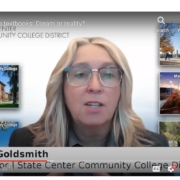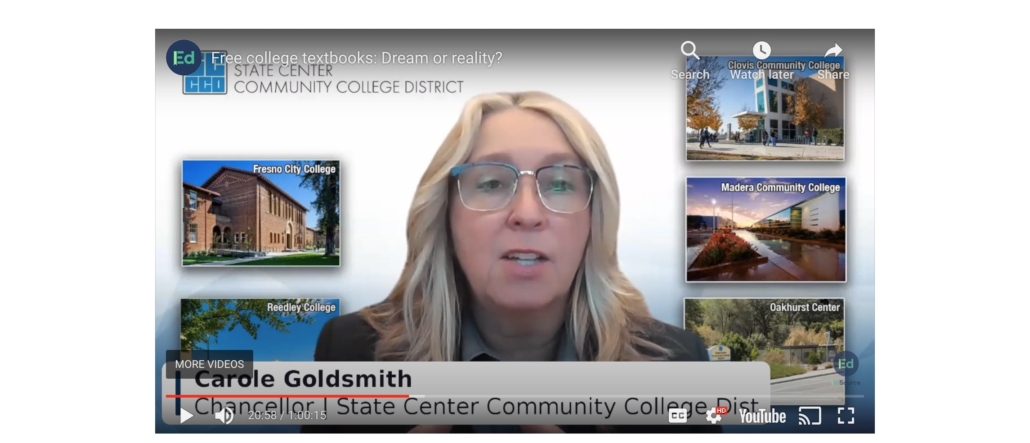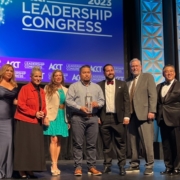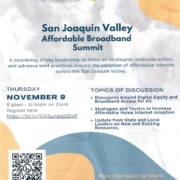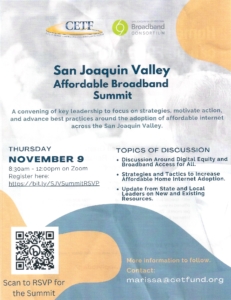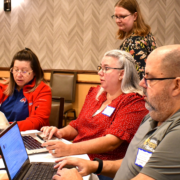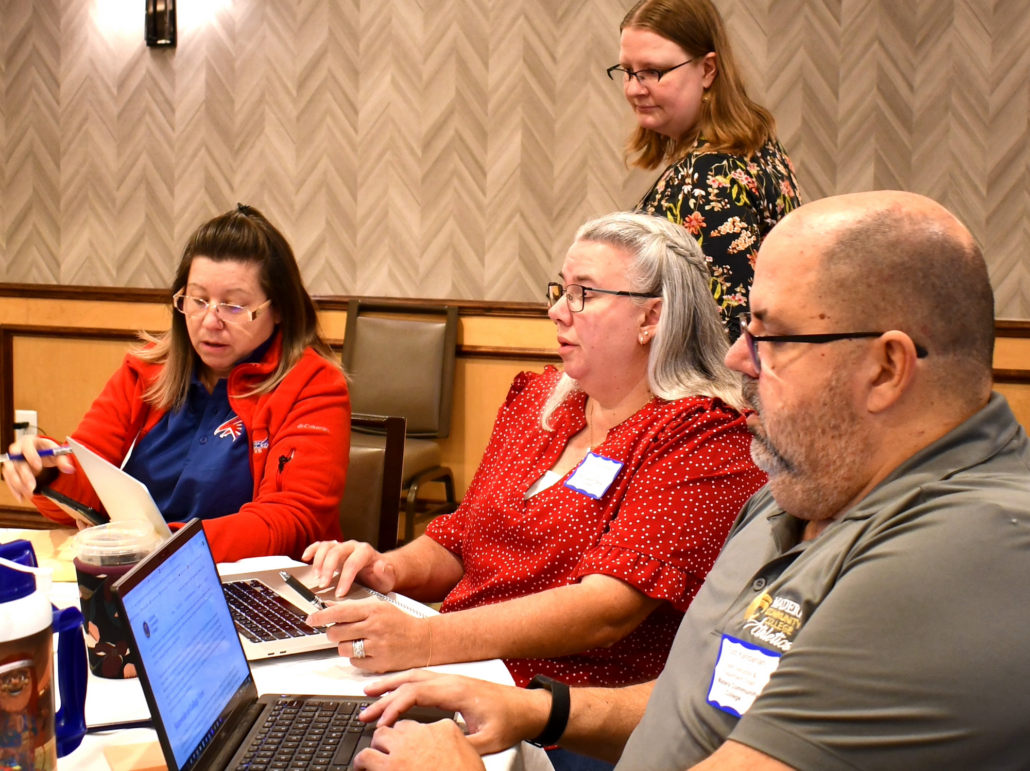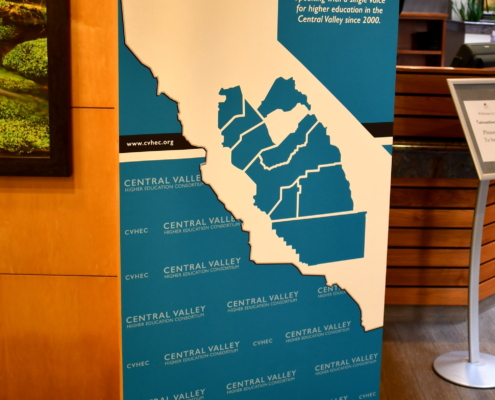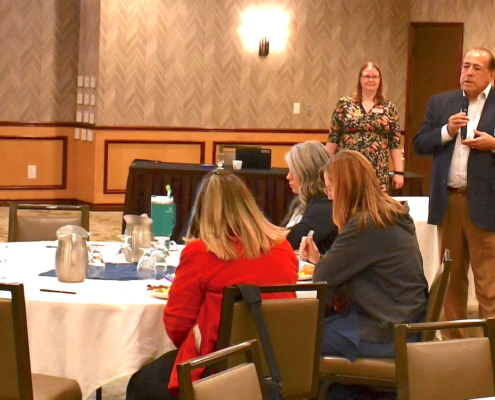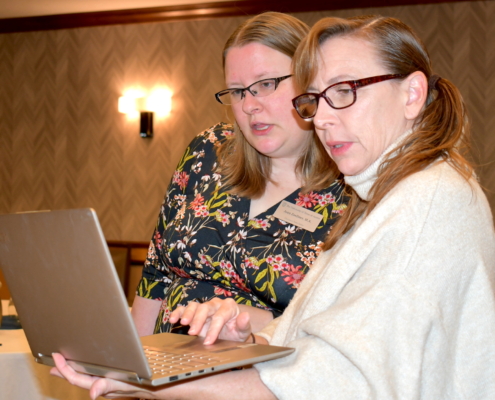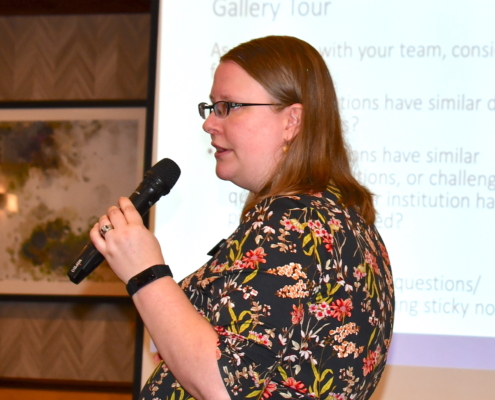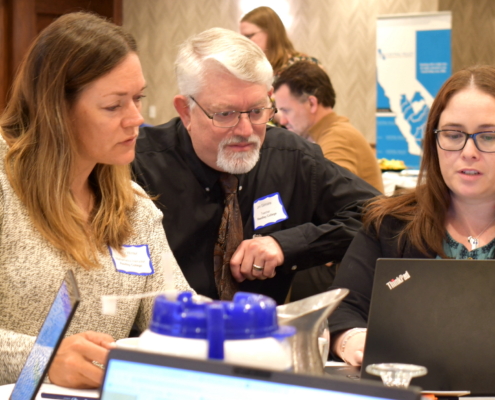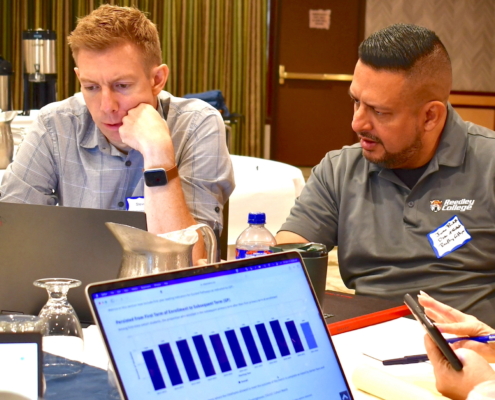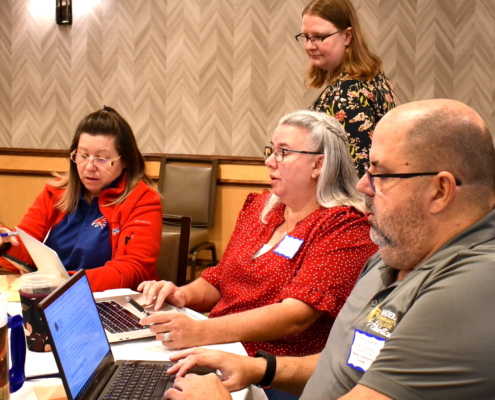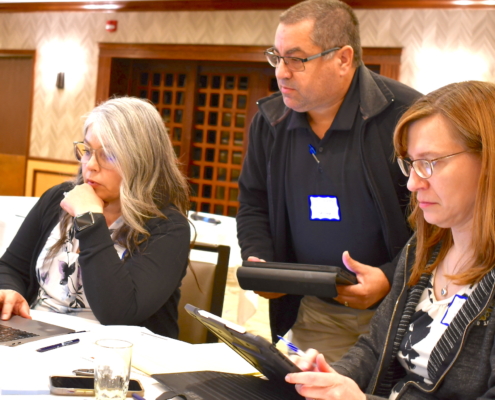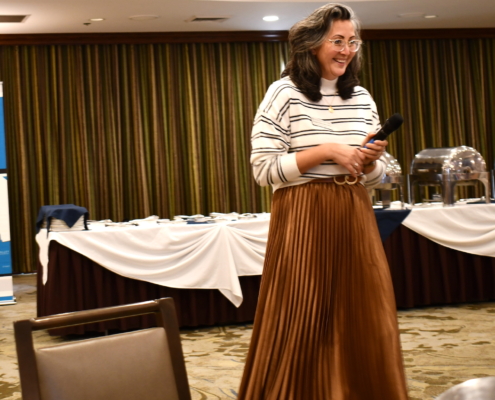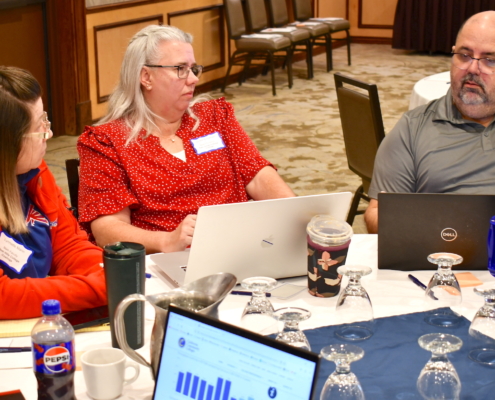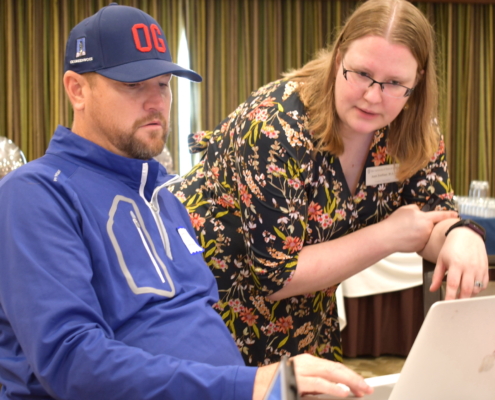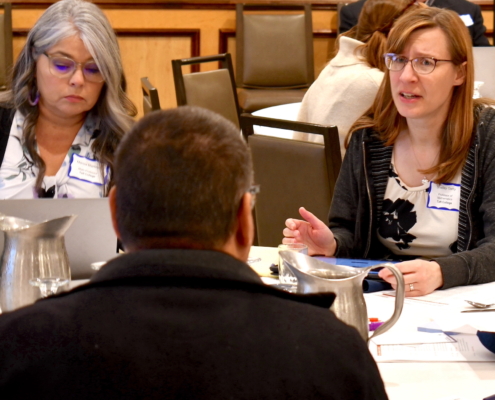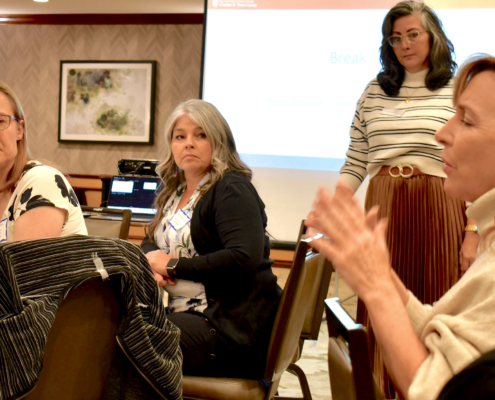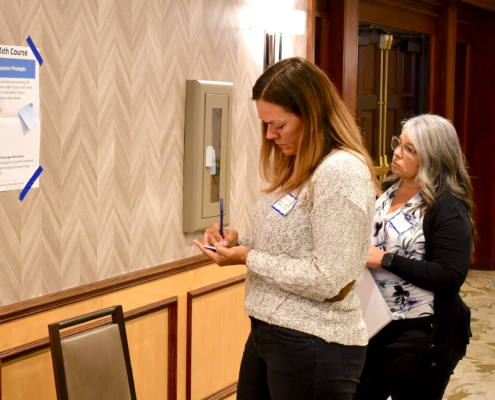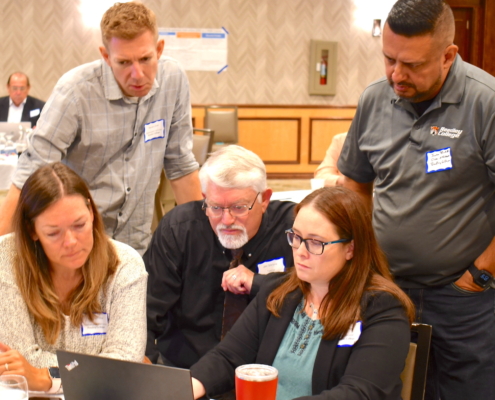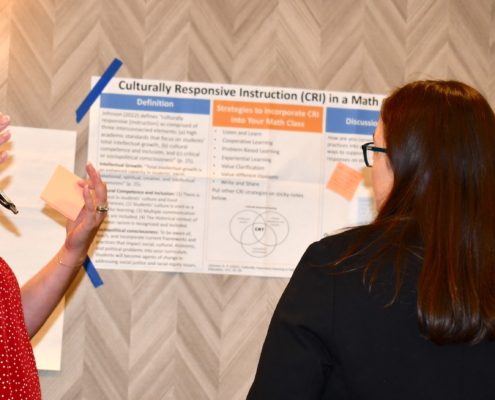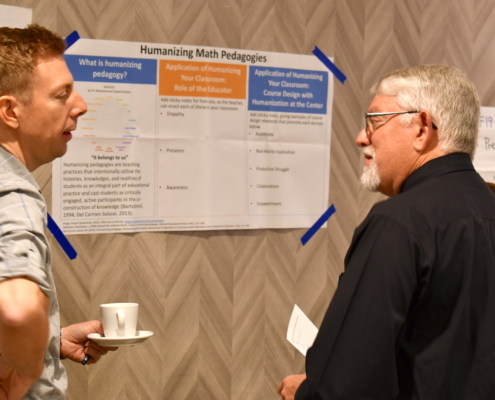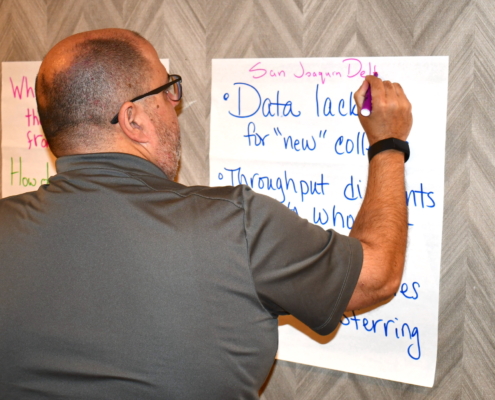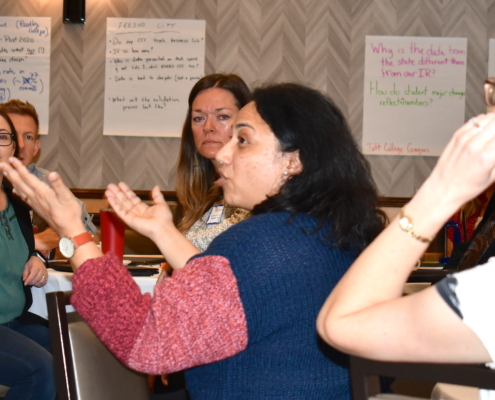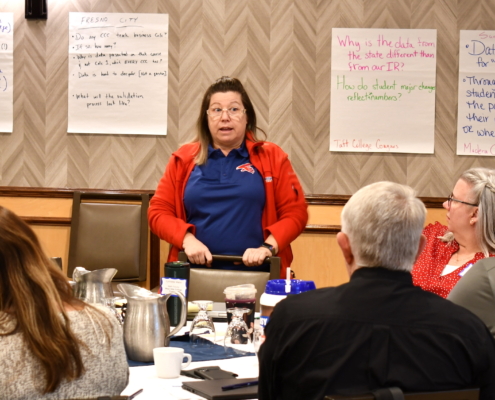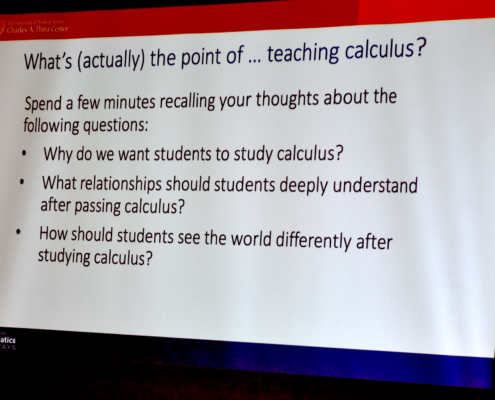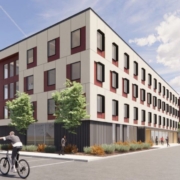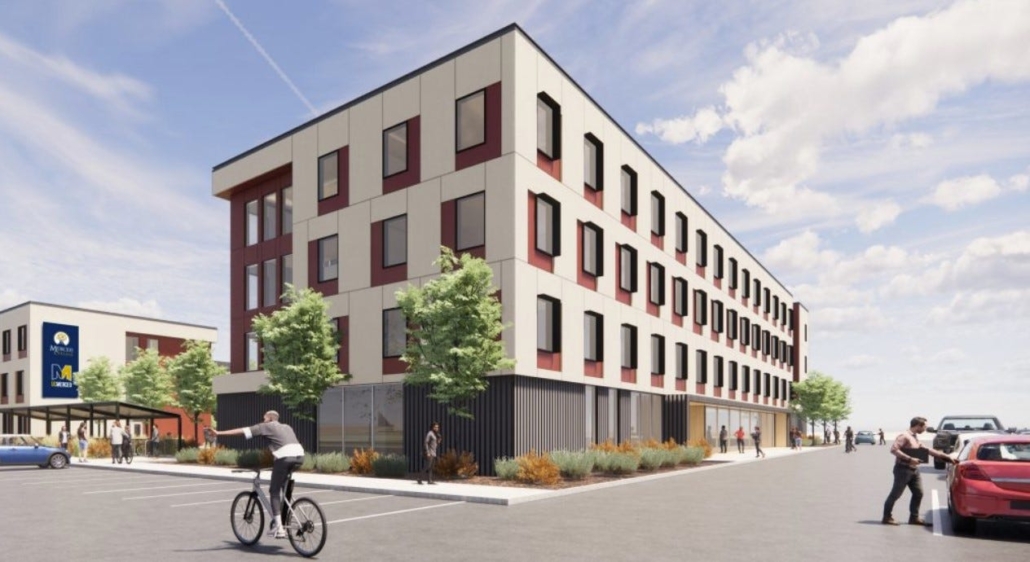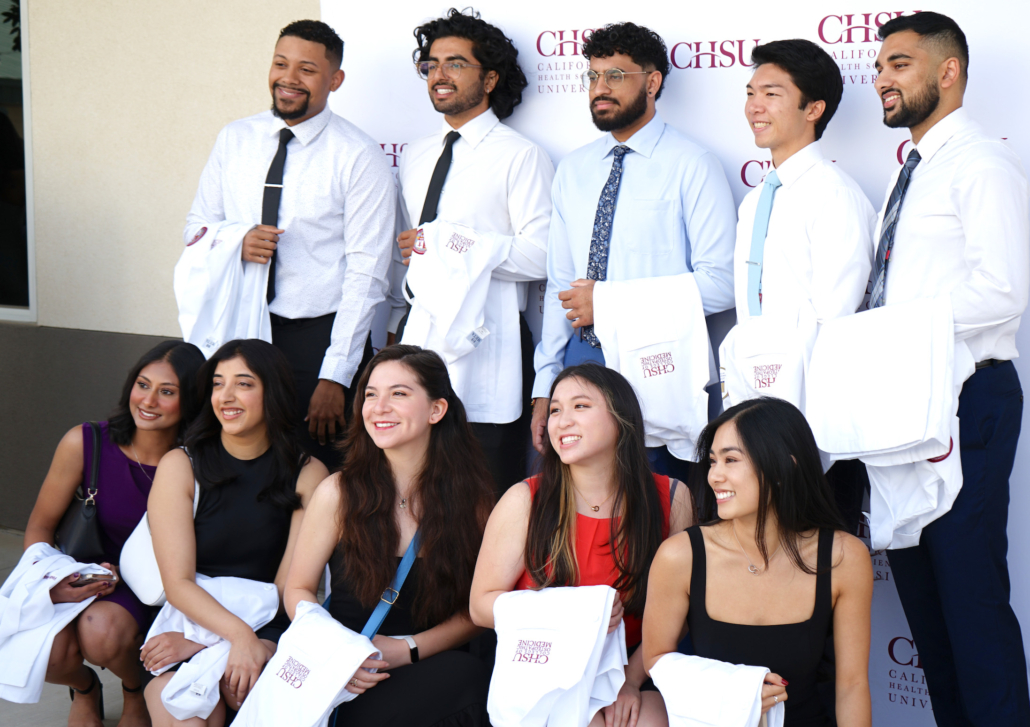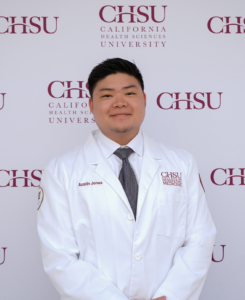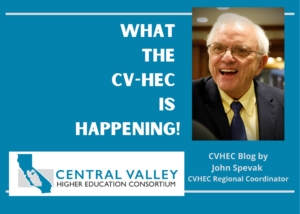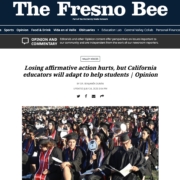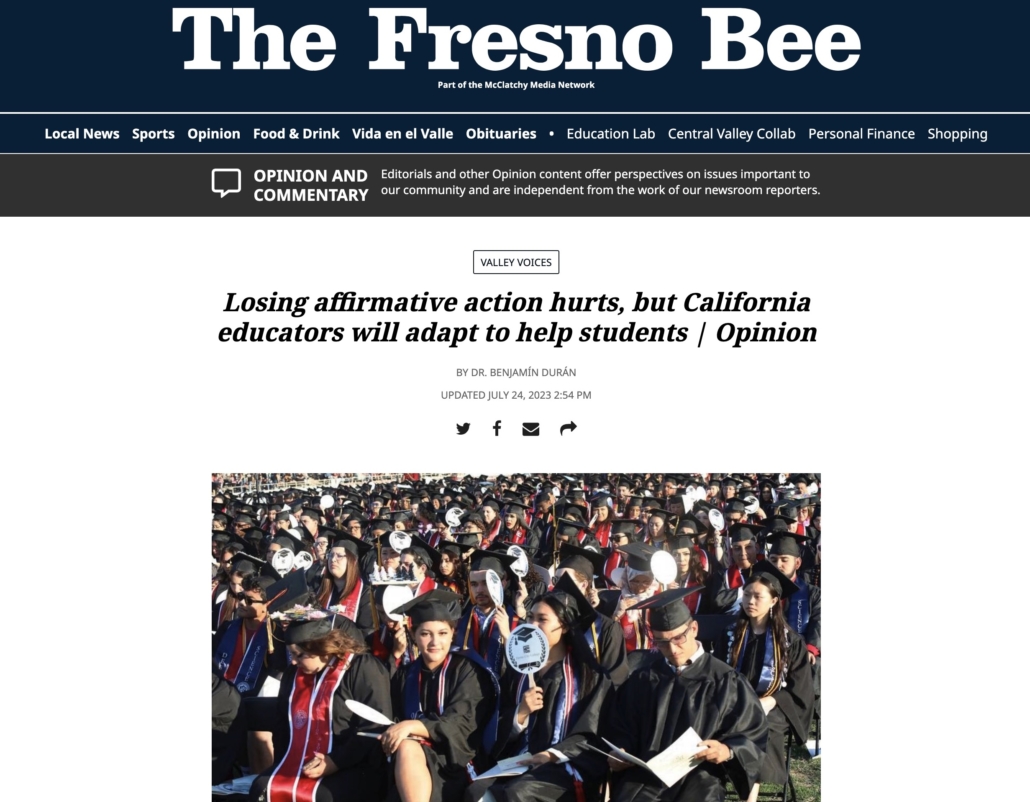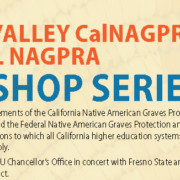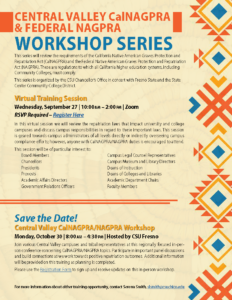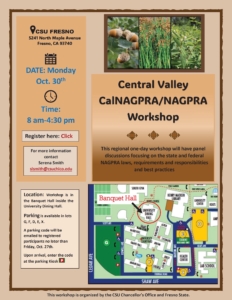MEMBER NEWS: SCCCD Chancellor Goldsmith on EdSource OER/ZTC panel
Panel discusses how to reduce the dizzying cost of textbooks for California college students
BY EMMA GALLEGOS
EdSource Education Reporter
California’s public institutions of higher education have launched efforts — some more extensive than others — to dramatically reduce or eliminate the cost of course materials, which can sometimes rival the price of tuition.
Textbook costs affect academic success
Higher education leaders and advocates, including leaders from California Community Colleges and the California State University system, discussed the biggest successes and hurdles for California colleges during a Thursday panel “Free college textbooks: Dream or reality?” hosted by EdSource.
Cailyn Nagle, open educational resource program manager for Michelson 20MM Foundation, said that 65% of students who responded to a national survey by the Public Interest Research Group skipped out on buying textbooks or course materials because they were too expensive. That figure was 82% for students who had also skipped a meal; many students also declined to buy access codes that courses may require for quizzes or assignments.
“This means students are being priced out of participating in classes that they’ve already paid tuition for,” Nagle said.
According to the California Student Aid Commission, the average student spent $630 on books during the 2022-23 academic year. That doesn’t take into account other course materials, such as clickers, that are increasingly used for attendance and to answer questions in class, Nagle said. With the cost of supplies, the total rises to $1,152 per student annually.
Aya Mikbel, a Sacramento State student, found through interviewing other students in California the various ways they have softened the high cost of textbooks, including buying used copies, shopping for cheaper copies online or renting textbooks. They also borrow textbooks from classmates or forgo textbooks altogether.
These alternatives can affect students’ academic performance. One student told Mikbel that borrowing a textbook often meant it was difficult to check on answers to problem sets or to review previous lessons.
“Students should never feel like they’re focusing more on the price tag of the course rather than the content itself,” Mikbel said.
How California institutions are reducing textbook costs
The California Community College system has received systemwide funding from the state to create zero-textbook-cost pathways. This includes a $5 million pilot program in 2016 and an additional $115 million in 2021 to expand that effort.
The 2016 pilot demonstrated that textbook costs affect academic performance. According to the Community College Consortium for Open Educational Rresources, grades for students in zero-textbook-cost classes were 3% higher than in the same classes taught with traditional class materials, and grades were 7.6% higher for Pell Grant recipients, who can use their grants on textbooks but may opt to use them on other college expenses.
State funding has been key for creating zero-cost pathways at community colleges, but they may not be able to continue doing this work when the funding runs out, said Rebecca Ruan-O’Shaughnessy, vice chancellor of educational services and support at the California Community Colleges Chancellor’s Office.
“The money is not enough; we need sustainable funding,” said Ruan-O’Shaughnessy.
The CSU and UC systems have not yet received the same kind of statewide funding as community colleges. But there are other efforts within the systems and at individual universities to address the costs of textbooks and create four-year degree zero-cost pathways.
Leslie Kennedy, assistant vice chancellor of academic technology services in academic and student affairs at CSU’s Office of the Chancellor, called the lack of funding “challenging.” But she noted that the system provides internal funding to the individual campuses ranging from $15,000 to $20,000 each year and is also hiring coordinators for affordable learning solutions.
Libraries play a key role in reducing course costs for students. The CSU system has negotiated with publishers to purchase electronic textbooks that can be offered to students for free. CSU is also ensuring that faculty puts a direct link to these resources on their syllabi.
Carole Goldsmith, chancellor of the State Center Community College District, added that publishers and bookstores have employed strategies to reduce costs, such as renting out copies of books or offering lower-cost digital copies.
But Nagle is skeptical of the three big publishers, saying they still have a monopoly on most publishing and are responsible for the steep rise in textbook costs. Publishers could hike rates later, leading to the “Amazonification” of course materials, Nagle added.
“If someone came into my home, lit my curtains on fire and then turned around and put a fire cap on and said, ‘Don’t worry, I can fix this,’ I would not trust them to save my home,” Nagle said.
Nagle said she is particularly worried about automatic billing, the practice of automatically charging students for textbooks and access codes on their tuition bill, typically with discounted bulk rates.
“I know people don’t always agree with me on this,” Nagle said, “and they see this as a great way to leverage bulk purchasing to get students a great deal.”
Open resources hold promise
Open educational resources are a particularly powerful and increasingly popular tool to reduce or eliminate the costs associated with courses. Opern educational resources include freely accessible textbooks, lecture notes, quizzes and other assets released under an open license and can be adapted, modified or reused as students or faculty see fit.
There are many benefits besides being free, easily accessible resources. It’s much easier to update or correct a mistake in an open resource than it is to do in a copyrighted text by a publisher, said Ruan-O’Shaughnessy. The open nature of the resources also allows faculty to customize course materials.
Drop rates and retention rates have improved in pilot courses that relied on open educational resources at State Center Community College, Goldsmith said.
What was really exciting about these courses, she said, was the increased engagement among faculty and students alike. Because they have reliable source texts, they no longer have to rely so heavily on lecture notes, and it’s easier for students to participate in class. Faculty at community colleges also are working to ensure that open-source texts better reflect student diversity. It’s been a win for everyone, she said.
“Faculty were able to curate the coursework, so they felt more engaged,” Goldsmith said. “Students saw more reflective stories of themselves and their culture in the work that they were reading about.”
Reprinted from EdSource (Oct. 27, 2o23)
Emma Gallegos covers equity issues in education for EdSource and is based in California’s Central Valley.

